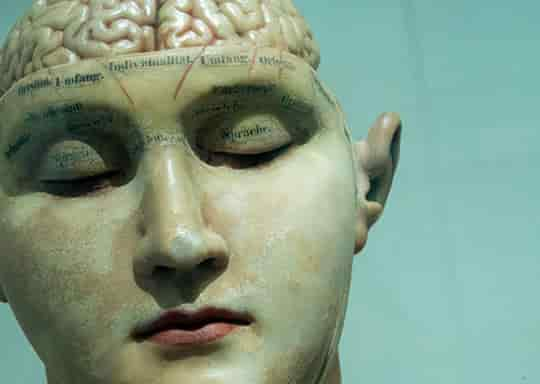Alzheimer’s is the most common form of dementia, making up 70 percent of cases.
People who sleep for too little or too long are at a higher risk of cognitive decline and dementia.
However, those who sleep for between 5.5 and 7.5 hours per night do not see declines in their cognitive health, even when suffering the early effects of Alzheimer’s disease.
Alzheimer’s is the most common form of dementia, making up 70 percent of cases.
Poor sleep is a common symptom of Alzheimer’s and can accelerate the progression of the disease.
Dr Brendan Lucey, the study’s first author, said:
“It’s been challenging to determine how sleep and different stages of Alzheimer’s disease are related, but that’s what you need to know to start designing interventions.
Our study suggests that there is a middle range, or ‘sweet spot,’ for total sleep time where cognitive performance was stable over time.
Short and long sleep times were associated with worse cognitive performance, perhaps due to insufficient sleep or poor sleep quality.
An unanswered question is if we can intervene to improve sleep, such as increasing sleep time for short sleepers by an hour or so, would that have a positive effect on their cognitive performance so they no longer decline?
We need more longitudinal data to answer this question.”
The study included 100 people, average age 75, most with no cognitive impairments.
Their cognitive function was tracked over almost 5 years, along with their sleep quality.
Professor David Holtzman, study co-author, explained the results:
“It was particularly interesting to see that not only those with short amounts of sleep but also those with long amounts of sleep had more cognitive decline.
It suggests that sleep quality may be key, as opposed to simply total sleep.”
People suffering sleep problems should be aware that they can be treated, said Professor Beau M. Ances, study co-author:
“I ask many of my patients, ‘How’s your sleep?’
Often patients report that they’re not sleeping well.
Often once their sleep issues are treated, they may have improvements in cognition.
Physicians who are seeing patients with cognitive complaints should ask them about their quality of sleep.
This is potentially a modifiable factor.”
The study was published in the journal Brain (Lucey et al., 2021).

